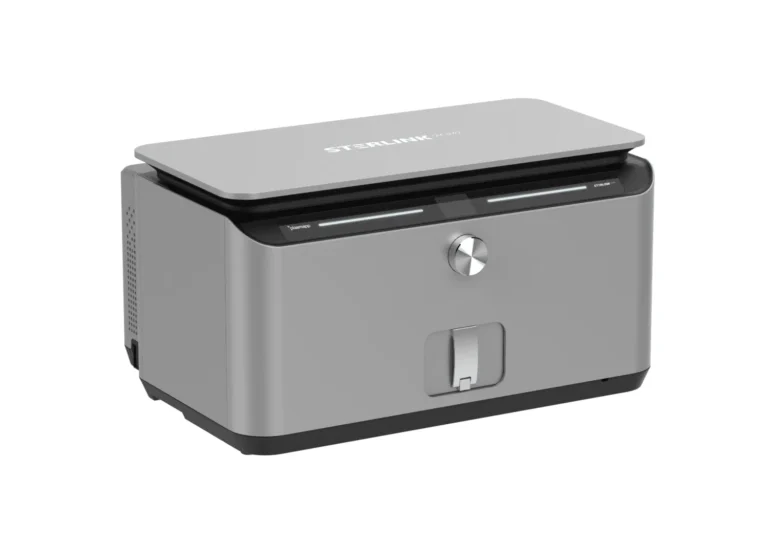Toxicology Lab Billing and Coding: Key Strategies for Success
The Future of Toxicology Lab Billing: Trends and Innovations to Watch
Toxicology lab billing is constantly evolving due to regulatory changes, technological advancements, and shifting reimbursement policies. To stay competitive, laboratories must adopt modern billing solutions and stay ahead of industry trends. This article explores the future of toxicology lab billing, focusing on key innovations that will shape the industry.
1. Advanced Automation in Toxicology Lab Billing
- AI-driven billing software for accuracy and efficiency
- Automated claim scrubbing to reduce denials
- Integration with electronic health records (EHR)
- Role of machine learning in predictive analytics for billing
2. The Role of Telehealth in Toxicology Lab Billing
- Growth of remote toxicology testing and billing implications
- Ensuring compliance with telehealth reimbursement policies
- How billing services for medical clinics can streamline toxicology claims
- Challenges and opportunities in virtual toxicology consultations
3. Evolving Compliance Standards and Regulations
- How changes in CMS guidelines impact toxicology lab billing
- HIPAA updates and data security in billing processes
- Importance of staying updated with FQHC billing services regulations
- Reducing risk of audits through proper documentation
4. The Impact of Artificial Intelligence and Big Data
- AI-driven coding for precise toxicology lab billing
- Role of big data in optimizing revenue cycle management
- Predictive analytics for identifying potential billing errors
- AI-powered fraud detection systems in toxicology billing
5. Value-Based Billing Models and Reimbursement Trends
- Shift from fee-for-service to value-based care in psychiatric billing services
- How toxicology labs can align with new reimbursement models
- Bundled payment structures and their impact on lab revenue
- Performance-based incentives and their role in psychology billing services
6. Enhancing Revenue Cycle Management for Toxicology Labs
- Strategies for minimizing claim denials and delays
- Role of outsourcing billing services for medical clinics in revenue optimization
- Improving patient billing transparency and communication
- How efficient coding reduces billing errors and speeds up reimbursement
7. The Rise of Blockchain in Medical Billing
- How blockchain enhances security in toxicology lab billing
- Transparent and tamper-proof billing records
- Streamlining claim approvals with decentralized ledgers
- Future applications of blockchain in medical billing and coding
8. Expanding Toxicology Testing and Its Billing Implications
- Growth of drug screening services and demand for efficient billing
- Challenges of billing for emerging toxicology tests
- How FQHC billing services adapt to new testing methods
- Navigating payer-specific requirements for toxicology reimbursement
9. Outsourcing vs. In-House Billing: What Works Best?
- Pros and cons of outsourcing psychiatric billing services for toxicology labs
- How in-house billing teams can leverage technology for efficiency
- Cost analysis: outsourcing vs. maintaining an internal billing team
- Finding the right billing partner for optimal revenue cycle management
10. Preparing for the Future of Toxicology Lab Billing
- Key takeaways for staying ahead in toxicology billing
- The importance of continuous education and compliance training
- Leveraging AI, automation, and analytics for better financial outcomes
- How psychology billing services and toxicology labs can collaborate for efficient billing
Conclusion
The future of toxicology lab billing is shaped by innovation, compliance changes, and the shift towards automation. Labs that embrace new technologies and optimize their revenue cycle management strategies will gain a competitive edge. Whether through AI, blockchain, or outsourcing billing services for medical clinics, staying informed and adaptable is the key to success.





